

THE COUNCIL CONNECTION
Issue 1


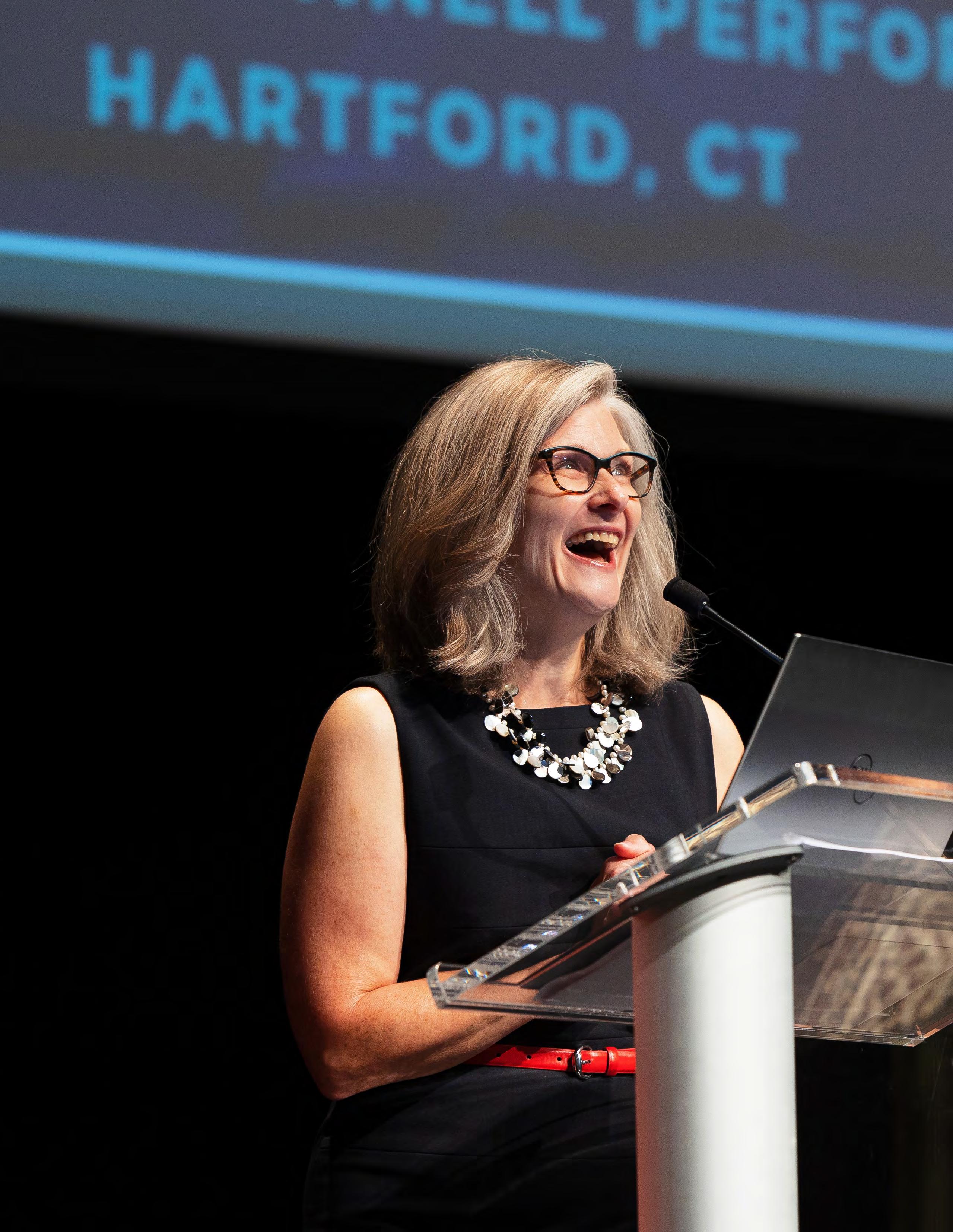
 Karla Fortunato, President
Connecticut Council for Philanthropy
Karla Fortunato, President
Connecticut Council for Philanthropy

Historically, philanthropy has been a quiet sector. Making grants. Awarding scholarships. Growing its donor base. Investing its resources. In recent years though, this has changed. Throughout the pandemic, I looked on as funders listened and adapted and tried new things. The sector became more nimble. Leaders spoke out in support of their grantees and communities. And they did a lot of learning – about the limits of our social safety net, about race and racism, and more.
“Today, I see a far more curious philanthropy. Organizations across the state are exploring new strategies and launching new philanthropic vehicles. They are collaborating fervently and flexing their leadership skills.”
At the Connecticut Council for Philanthropy, we want a place to raise the visibility of what we see –the trends, the stories of philanthropic success and lessons learned, and the ways in which Connecticut funders are working to make a difference in the state.
Welcome to our first edition of the “Council Connection ”. In this edition, we tell the stories of some of the exciting efforts that our funder collaborative partners have led. We also share news from our members and highlights from our annual conference. If you have philanthropy stories that you want to tell, we want to hear them. If you have other feedback, please share it with us. We want to know what you think.

With best regards,

Contents
page 6 The Council’s Annual Conference

page 8


In September 2023, the Connecticut Council for Philanthropy convened the state’s philanthropic community to delve into the theme “Growing Our Impact: Shaping the Future of Connecticut Philanthropy,” exploring futurism tools and major trends impacting the philanthropic sector and its focal issues.

The Council Welcomes Three New Board Members
We are thrilled to announce the addition of three dynamic leaders to the Connecticut Council for Philanthropy’s Board of Directors! Join us in welcoming: Mendi Blue-Paca, President and CEO of Fairfield County’s Community Foundation, Katherine Gehrmann, Associate Director of Lone Pine Foundation, Inc., and Kimberley Russo, Executive Director of The Fund for Greater Hartford.
Years of Community Philanthropy
The Connecticut Community Foundation presented the exhibit “Timeless Impact: 100 Years of Embracing the Power of Community” at the Mattatuck Museum in Waterbury from November 4, 2023, to January 28, 2024. The exhibit showcased the Foundation’s role in charitable giving and addressing local needs since 1923.
page 12

page 14

Amplifying Family Voices for a Brighter Future
Connecticut’s Early Childhood Funder Collaborative (CT ECFC) is working to improve the state’s childcare system. In partnership with the Governor’s Blue Ribbon Panel for Childcare, they provided funding for community organizations to engage families, resulting in insights from 890 families.


Rest & Renewal Grants: A Small Grant Makes a Big Difference
SOW-CT is promoting community organizing as a tool for justice in Connecticut. Through Rest & Renewal Grants, 25 organizations were supported, demonstrating the power of working together and a shared commitment to justice. This serves as a model for creating lasting impacts in communities.
The Perrin Family Foundation announced its closure after 28 years of operation. Co-founder Sheila Perrin expressed gratitude to the individuals who collaborated with the foundation and acknowledged the commitment of the Community Board and Strategy Council members.
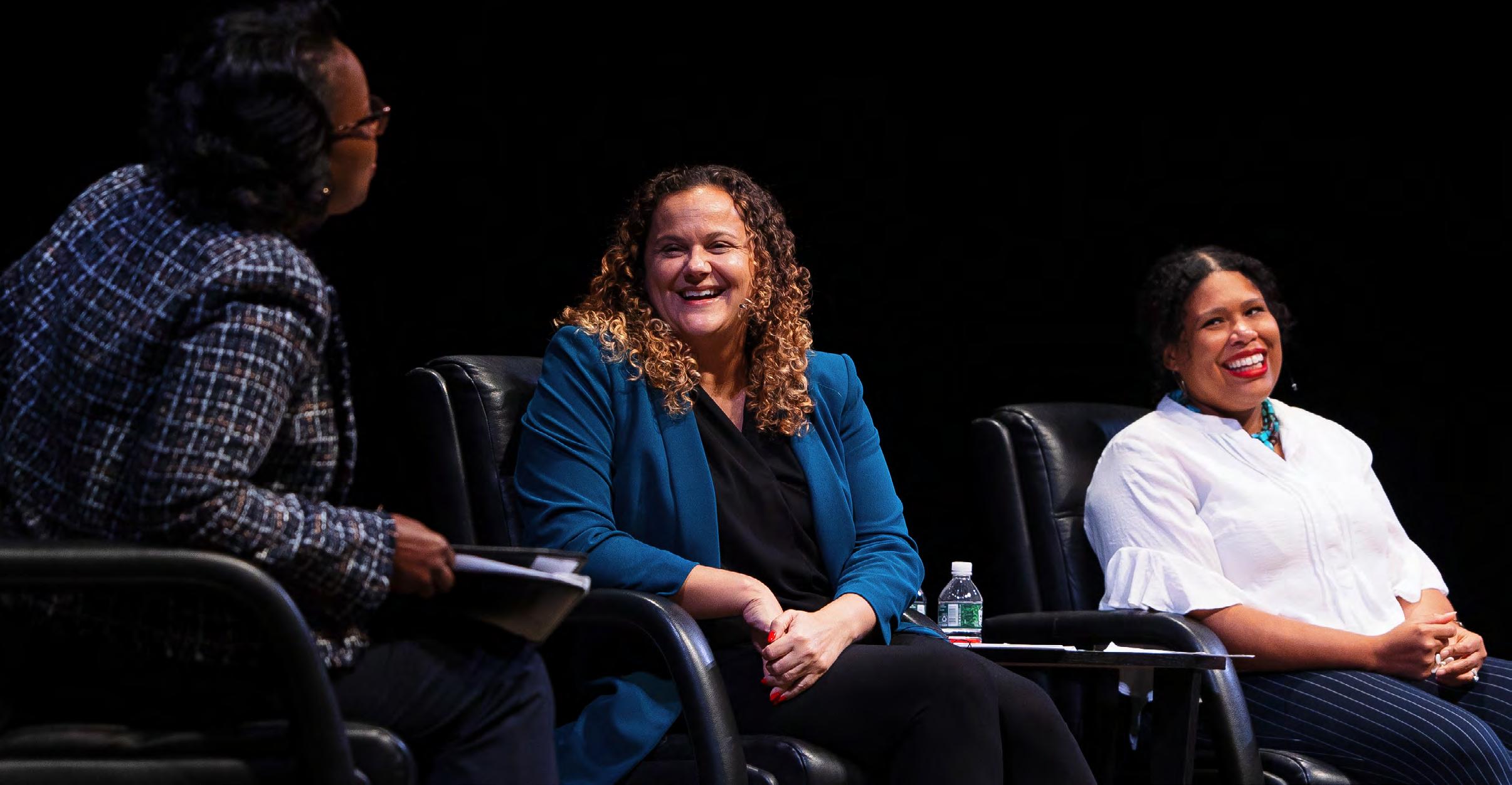
The Council’s 2023 Annual Conference Growing Our Impact: Shaping the Future of Philanthropy
“I think we’re moving towards a time of transformative impact, where we solve the problems we’re working on, instead of just making things 5% less terrible” - Trista Harris
It was a picture-perfect fall day in September 2023 when the Council held its 54th annual gathering. The Council brings together funders from the state every year for a day of learning, reflection, and connection. The conference is attended by foundation staff and trustees representing a wide variety of organizations and roles, making it the most significant event for philanthropic professionals in

the area. A highlight of the day was the keynote speech from Trista Harris, a philanthropic futurist, and a conversation with visionary leaders discussing what it will take to make Connecticut a truly just and thriving state.
The conference offered many chances for participants to network, connect, catch up, and welcome new faces to the philanthropic sector. In the


“Futurism
and future skills are really important for people in the social change sector. Our field exists to change the trajectory of the future. Every time you fund a new program, every time you propose a public policy, you are intending to change the future.”
- Trista Harris

afternoon, attendees had the opportunity to engage in curated roundtable discussions with their colleagues, digging deep into today’s pressing topics. The historic Bushnell Center for the Performing Arts in downtown Hartford provided an excellent backdrop for the conference, showcasing Connecticut’s vibrant arts and culture. Attendees enjoyed live music and performances from local artists, including Anne Cubberly’s eye catching, giant, whimsical puppets. Collectively, all of these elements created a wonderful day of inspiration, learning, and community.


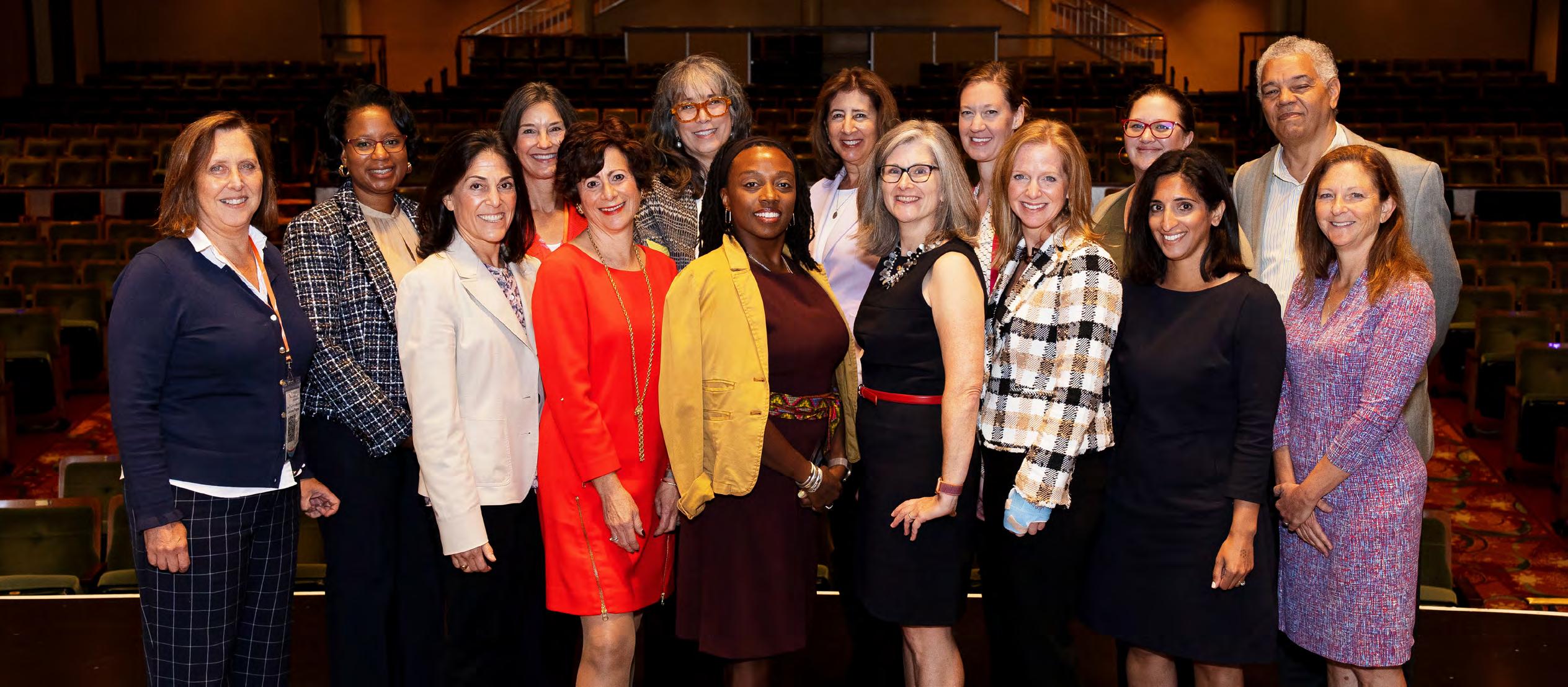
CONNECTICUT COUNCIL FOR PHILANTHROPY
Welcomes Three New Board Members
We’re thrilled to announce the appointment of three exceptional individuals to our board of directors. Join us in welcoming Mendi Blue-Paca, President and CEO of Fairfield County’s Community Foundation; Katherine Gehrmann, Associate Director of Lone Pine Foundation, Inc.; and Kimberley Russo, Executive Director of The Fund for Greater Hartford.
Each new director brings a wealth of experience and a deep commitment to Connecticut’s philanthropic sector. Mendi Blue-Paca, Katherine Gehrmann, and Kimberly Russo have all demonstrated outstanding dedication and leadership in their respective fields, and their expertise will be invaluable as the Council continues to drive its mission forward. Their passion for philanthropy will undoubtedly enhance the organization’s efforts to organize, inspire, and equip the philanthropic community to lead together for sustained impact and social change within Connecticut.
Mendi Blue-Paca brings a strong passion for entrepreneurship, maternal and reproductive health, and mental health awareness. Katherine Gehrmann, a lifelong resident of Connecticut, is deeply committed to advancing equity and education.Kimberley Russo fervently believes in the power of stakeholders working together to ensure children in the region are academically and socially proficient.
“We are thrilled to welcome Mendi, Katherine, and Kim to the board,” said the Connecticut Council for Philanthropy Board Chair Tiffany Donelson, President and CEO of the Connecticut Health Foundation. “Philanthropy plays an important role in supporting those pursuing structural and systemic changes to ensure our state is one where everyone can live their healthiest lives. Mendi, Katherine, and Kim bring great knowledge and expertise that will help to move the field forward to benefit all of our communities.”
In addition to welcoming new board members, the Council thanks and acknowledges three of its members who are transitioning from the board after 6 years of service: Elaine Mintz, Fairfield County’s Community Foundation; Lauren Patterson, New Canaan Community Foundation; and Diane Sierpina, Tow Foundation. Karla Fortunato, President of the Council, shared, “I am so grateful to Elaine, Lauren, and Diane for their engagement and guidance as the Council adopted a new strategic plan, rolled out new initiatives, and navigated through the pandemic. Their insight and leadership have been crucial to our organization’s success.”

Board Leadership Biographies



Mendi Blue-Paca
Mendi Blue Paca is President & CEO of Fairfield County’s Community Foundation, where she leads the $260 million regional funder, capacity builder, and placemaker in partnering with the community, including nonprofits, the business sector, elected and administrative officials, external constituent groups, and other grantmakers, to ensure that every county resident has an equitable opportunity to thrive. She joined the Foundation in 2018 and previously served as the Chief Community Impact Officer and VP of Community Impact. In her previous roles, she led grant making, programs, policy advocacy, and major community leadership initiatives to close opportunity gaps in education, employment, housing and health. Mendi oversaw the Foundation’s Center for Nonprofit Excellence, $20M Fund for Women & Girls, Immigrant Success Fund and Thrive by 25 initiatives.
katherine Gehrmann
Katherine is the Associate Director at Lone Pine Foundation, Inc. Driven by a passion for making a difference in the lives of others, Katherine works closely to evaluate, enhance, and implement the Foundation’s dual mission of fighting poverty through education while developing a spirit of philanthropy among its Board. An active participant in the philanthropic community, Katherine is an engaged member of the Connecticut Council for Philanthropy’s Fairfield County Funder’s Network. She is also an alumnus of Five Frogs Leadership Development Roundtable, building a powerful movement of diverse leaders to create lasting change for an equitable Connecticut. Katherine holds a Master’s Degree in Public Administration from Pace University and a Bachelor’s Degree in Anthropology from the University of Connecticut. She lives in Wilton with her husband and children.
Kimberley Russo
Kimberley Russo is the Executive Director of The Fund for Greater Hartford. She has served in this role since 2015. The Fund for Greater Hartford is a private, independent foundation that invests in efforts, both programmatic and systemic, that support children’s early development Kim is a founding member of the CT Early Childhood Funders Collaborative, past board chair of the CT Network for Children and Youth as well as a current board member of CT Voices for Children. For the 11 years prior to joining The Fund, Kim was with the United Way of Central and Northeastern Connecticut serving most recently in the role of Director of Community Investment. Prior to joining philanthropy, Kim served in the domestic violence field. She served at two nonprofits, as a program manager for Meriden-Wallingford Chrysalis and a residential services coordinator for the Domestic Violence Resource Center of South County in Rhode Island. Although a proud Rhode Islander, Kim lives in Colchester with her partner, three teenagers, two cats and dog.
“We make a living by what we get, but we make a life by what we give.”
-Ron Garfunkel and Sande Breakstone
Experience 100 Years of COMMUNITY PHILANTHROPY
Many of our members are celebrating significant anniversaries. Last year the Connecticut Community Foundation mounted a special exhibition as part of a year-long celebration marking the foundation’s 100th anniversary. Established in 1923, Connecticut Community Foundation fosters an equitable and inclusive community in Greater Waterbury and Litchfield Hills by inspiring generosity, supporting organizations, and cultivating effective leaders. The Foundation provides leadership in addressing the region’s critical issues, strengthens local nonprofit organizations through grants and technical assistance programs, and works with individuals, families, and corporations to establish and steward scholarships and
charitable funds. Connecticut Community Foundation presented its new exhibit, Timeless Impact: 100 Years of Embracing the Power of Community, at the Mattatuck Museum in Waterbury from November 4, 2023 through January 28, 2024. The exhibit spotlighted the Foundation’s role in promoting charitable giving and addressing local needs since its creation in 1923.
Over the past 100 years, the Connecticut Community Foundation, has been able to leave legacy impact in many ways:
• Grant support to the American Red Cross for disaster relief following The Flood of 1955, which was one of the worst disasters in Connecticut’s history






THE COUNCIL CONNECTION
• Provided the the Mattatuck Museum with $150,000 from the Foundation for its $2.5 million capital campaign. The Foundation’s largest commitment in history.
• The Foundation established Business Volunteers for the Arts (BVA) to provide executivelevel volunteer consultants to area arts organizations to improve their internal management procedures.
• The Foundation launched the Grassroots Leadership Program to support residents and community-based organizations working to make positive change in Waterbury.
• Along with the United Way of Greater Waterbury, together during the pandemic to create the COVID-19 Response Fund. Thanks to a tremendous outpouring of support from donors throughout Greater Waterbury and the Litchfield Hills, between March 2020 and July 2021, they provided over $789,000 to local organizations at the frontlines of the coronavirus outbreak.
Visitors learned about the Foundation’s roots and evolution through stories and images that underscore the profound and enduring impact of local philanthropy and the work of local nonprofit organizations in Greater Waterbury and the Litchfield Hills.

“The exhibit celebrates the extraordinary impact of thousands of donors, nonprofits, leaders and other partners who have committed themselves to addressing local needs and strengthening our community over the past century. The images remind us of the power of community to spark positive, lasting change,”
- Julie Loughran, President and CEOHappy anniversary to the Connecticut Community Foundation. We look forward to celebrating more anniversaries of our members in the coming year.




Amplifying Family Voices for a Brighter Future
Connecticut’s Early Childhood Funder Collaborative (CT ECFC) is dedicated to establishing an inclusive early childhood system in the state. Emphasizing collaboration with state and local partners, CT ECFC prioritizes parent and community input to shape equitable and high-quality childcare systems. Facing challenges in access, affordability, and quality, Connecticut’s early childhood and education system grapples with workforce shortages. To address these issues, Governor Ned Lamont initiated a Blue Ribbon Panel for Childcare, seeking informed recommendations to enhance childcare quality and accessibility.
CT ECFC remains committed to amplifying Connecticut families’ voices in public and community initiatives for family well-being. In support of this commitment, CT ECFC launched a funding opportunity to involve parent voices in

the Governor’s Blue Ribbon Panel. Through a grant process, eleven community organizations engaged 890 families through interviews and surveys, submitting valuable input within just over a month during the summer.
What did they hear? Childcare is hard to find, and it’s too expensive. A parent expressed, “I have not used childcare. I cannot afford childcare for all three children. So, I stay home, and when they are all school-age, I will go back to work. Childcare has advantages and disadvantages. I would love my children to be around other children. Learning social skills, learning to read, draw, write, and learning to talk and develop complete sentences.” Sustainable public funding is the cornerstone of this vision, ensuring equitable access to quality childcare.
This initiative has highlighted that families prioritize several key themes when seeking early care and education programs for their children’s early care and education programs.

Above all, families desire positive relationships and nurturing environments for their children and caregivers, which are built on a foundation of trust. Families are increasingly looking for programs that go beyond academic development and focusing on creativity and multicultural learning experiences, with caring and creative teachers who can guide each children through a diverse educational journeyin their learning. Repeatedly, families emphasized that they want programs that provide “physical, emotional, and social” safety where their children can grow and learn, and parents don’t have to worry about their children. In addition to quality education and a safe environment, families also value flexibility, effective communication, and convenient locations. , and strong emphasis on safety in the programs they choose.
Accessibility and affordability were repeatedly identified as the biggest challenges families face, which are crucial for parents, ensuring with a clear message that these vital services should be available to all. One parent shared,
“
I wish our state would help and aid with funding for affordable daycare. Parents aren’t able to pay the high rates. Most parents are working extra hours just to pay for daycare, which is ridiculous.”
Adequate public funding is crucial for addressing family concerns, including fair pay for childcare providers. Quality care requires qualified staff, strong connections with children, and effective collaboration with families. The Blue Ribbon Panel suggests essential steps, estimating an annual cost of $600 million. While funding for the Parent Cabinet and local early childhood collaboratives has been approved, CT ECFC emphasizes the ongoing need for financial support. Parent and community voices are vital for garnering support and informing childcare policies. The challenge of high daycare costs is highlighted, emphasizing the necessity for a sliding scale for all daycares.
High-quality childcare is indispensable for maximizing investments in early childhood education.
“
We provided a platform for parents and families when they didn’t feel like they had a voice.” – Mary Peniston


Rest & Renewal Grants: A Small Grant Makes a Big Difference
The journey began in 2017 when funders in the state gathered to explore how philanthropy could collaborate to support community organizing in Connecticut. As the table expanded, interest grew in building the local philanthropic sector’s awareness, understanding, and commitment to both funding community organizing and shifting prevailing funding practices to better support and align with organizing methodologies.
The visionary efforts led to formalizing the Supporting Organizing Work in Connecticut (SOW-CT) Funders Collaborative. The collective of 16 foundations works to disrupt traditional philanthropic practices by co-creating solutions alongside community organizers. SOW-CT frequently uses the slogan, “good enough for now, safe enough to try”, as a reminder of their commitment to action. With the rise of the COVID-19 crisis and heightened racial tensions in every community, a growing need for wellness

By 2019, SOW-CT was ready to pool dollars for social change, listen to organizers, and act quickly. They heard directly from organizers that philanthropy could help with:
Identifying timely, flexible funding opportunities to support public action.
Building the capacity of organizers and organizing groups by addressing their health and wellness needs.
Investing in efforts that will strengthen organizing infrastructure across the state, including fiscal sponsorship supports and organizer training and
support was pronounced.
SOW-CT emphasizes a thriving organizing sector by prioritizing the well-being of organizers, organizations, and communities impacted by historical inequities. In collaboration with community organizers, they established the Rest & Renewal Small Grant Program , allocating $25,000 for its pilot phase. This initiative supports Black, Indigenous, Latine/x, and other persons of color (BILPOC) community organizers through small grants, encouraging applications addressing wellness and capacity-building, with grants of up to $2,000 per request or $6,000 per organization annually.
In November 2022, SOW-CT members approved internal plans to launch a grant program. The application process, spanning four weeks, involves grant seekers providing eligibility information and describing fund intent. Fourteen groups received awards by year-end after the application, review, award, and fund release process.
Funding recommendations depend on a group’s alignment with eligibility criteria: engagement in community organizing, activism, and advocacy; grassroots involvement; low resourcing (budgets under $250k); BILPOC leadership; and a presence in Connecticut. The process refrains from passing judgment on funding decision strategies. Funders recognize wellness needs encompass

clinical support, therapeutic services, healing arts, and conflict resolution, including building advocacy muscle, health insurance supplements like wellness stipends, and retreats. PT Partners (PTP) is a grassroots, BILPOC, residentled initiative that does community organizing in three low-income public housing sites in Bridgeport. They received a total of $4,000 through the program. They shared,
“We are a team that while working to organize are also dealing with very real mental and physical health issues and are the main caregivers for households of children/ grandchildren and, quite frankly, needy adults (adult children, partners, extended family). They are barely making it, yet, have so many other people who rely on them and hardly have the time to focus on their own needs”.
Inspired by the success of the first round, SOW-CT raised $100,000 to launch additional rounds.
Ayanna Wright-McKennon from the Middletown Racial Justice Coalition (MRJC) shared, “Our Executive Director (ED) position is currently contracted, with the burden of obtaining healthcare placed on the individual. The MRJC provides a stipend for insurance, but that alone has not been sufficient in funding mental health wellness. With the SOWCT grant, we were able to increase the stipend to help our Executive Director pay for their therapy copays to ensure that they had access to the tools needed to manage their mental health effectively.”
With the Rest & Renewal Small Grant Program, SOW-CT supported 25 organizations, distributing $68,000 to date, creating a ripple effect of positive change across Connecticut’s organizing landscape. Alexis Bivens, the Managing Director, emphasized SOW-CT’s dedication to learning from applicants, stating, “We wanted to know what it meant for them; we didn’t want SOW-CT to define it.”
As SOW-CT’s story continues to unfold, it showcases the power of collaboration, responsiveness, trust, and a shared commitment to racial justice and equity, providing a blueprint for funders looking to create a lasting impact in their communities.

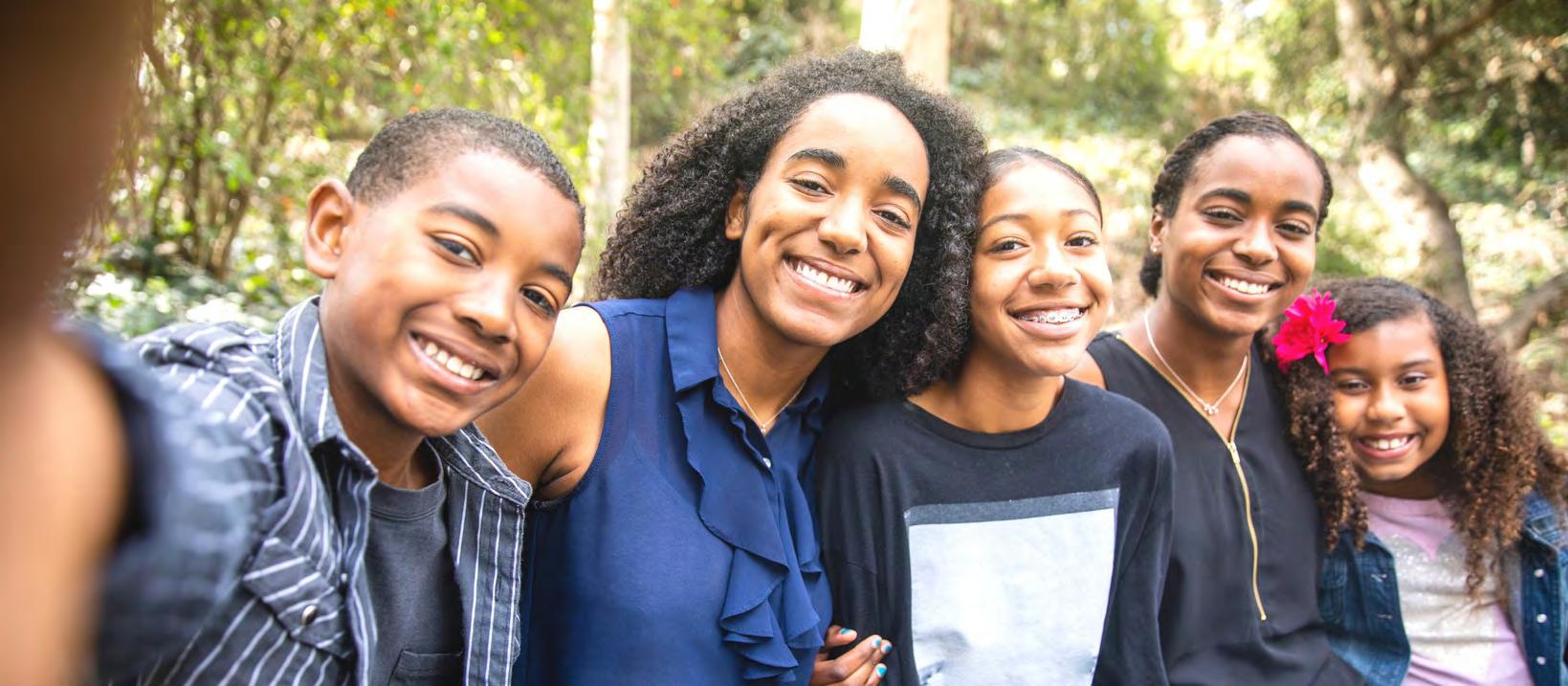
Closing a Chapter: The Perrin Family Foundation’s Legacy of Youth-Led Social Change

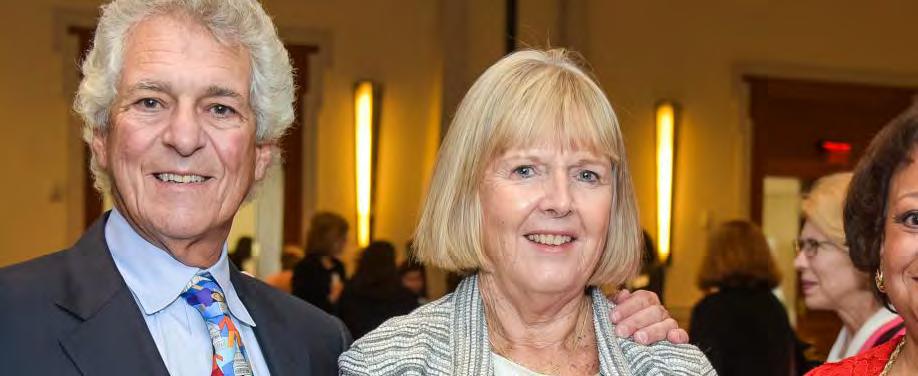
After 28 years of operation, the Perrin Family Foundation (PFF) announced its closure on September 30, 2023. Co-founder Sheila Perrin extended gratitude to the dedicated individuals who collaborated with the foundation. Perrin acknowledged the commitment of the Community Board and Strategy Council members who worked towards shifting the foundation’s traditional model. She also highlighted her belief in the mission and vision that drove the foundation’s work.
In her closing statement, Sheila Perrin shared, “I am proud of what the Perrin Family Foundation has accomplished. I am grateful to our grantee partners who have persisted in their dedication to their missions. And I continue to be inspired by the youth across our state who are standing up and speaking out on racial and social injustice in Connecticut.”
|Background
The Perrin Family Foundation was established in 1994 by Sheila and Charlie Perrin with the aim of using their resources to make a positive impact in underserved communities across Connecticut. Sheila and Charlie Perrin had a history of charitable involvement and community service and wanted to create a lasting legacy for their family’s philanthropy.
|The Shift to Youth Organizing
Initially, PFF supported youth development by backing various arts organizations and out-of-school programs in Fairfield County. However, the foundation’s focus shifted under the influence of trustee David Perrin, David & Sheila’s son. David advocated for the foundation to pivot toward youth organizing and activism. His experiences led the foundation to a broader perspective and recognition of the power of youth activism as a force for social change. In the early 2000s, the foundation’s focus shifted from youth development to youth organizing, with a focus on empowering young individuals to be architects of social change. This shift marked a significant change from excluding youth voices in decision-making to actively involving young people in social change.
At the time, Sheila Perrin acknowledged the challenge of moving away from the conventional belief that young people are not agents of change. The foundation recognized the importance of listening to the voices of young people directly affected by social problems such as inequities and racism. This shift was a commitment to understanding the aspirations and experiences of the youth firsthand, recognizing that they are best positioned to articulate their needs and drive meaningful change.
Youth-led Change

A new framework was adopted, reflecting the organization’s three new strategic goals: investments to build youth leadership to advance youth-led racial and social justice in Connecticut; engaging in funder organizing and building institutional partnerships to expand resources for youth-led racial and social justice and; strengthening the foundation’s capacity and governance to ensure business operations and investment strategy align with its vision, mission and values.
As former president Laura McCargar emphasized:
“Investing in youth-led social change is one of the most effective strategies you can engage in if you’re really committed to seeing systemic and structural change occur. We know that investment in youth-led social change also makes the community stronger.”
Perrin Family Foundation closed its offices on September 30, 2023. As longtime members of the Connecticut Council for Philanthropy and active leaders in Connecticut’s philanthropic community, we look forward to seeing what the trustees and staff do next.





